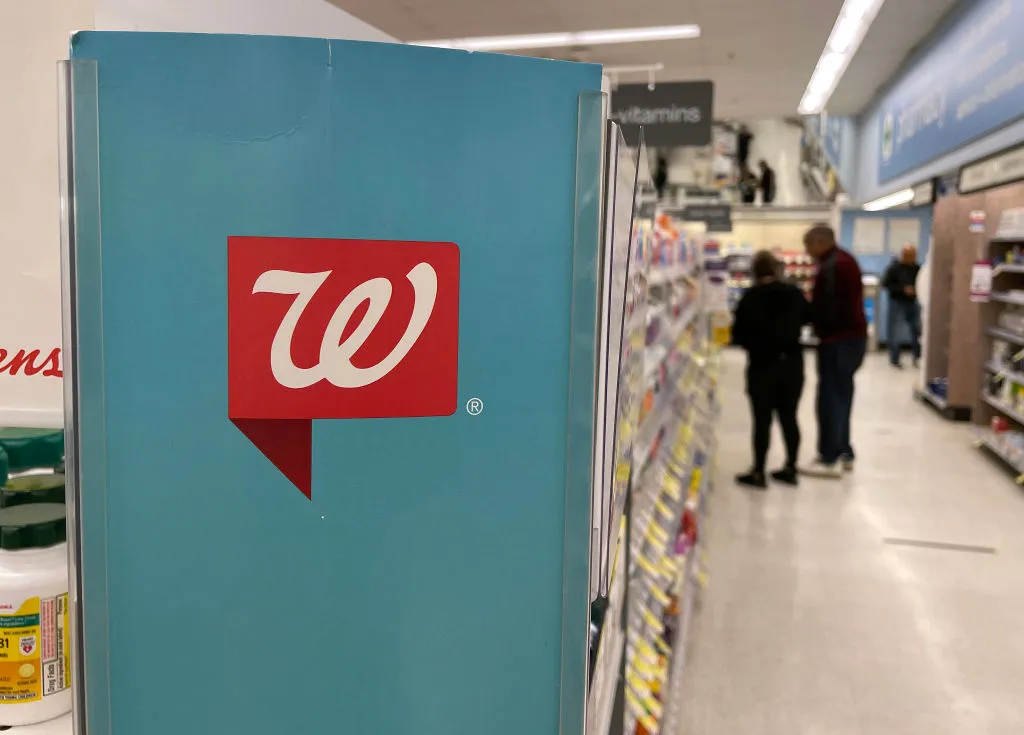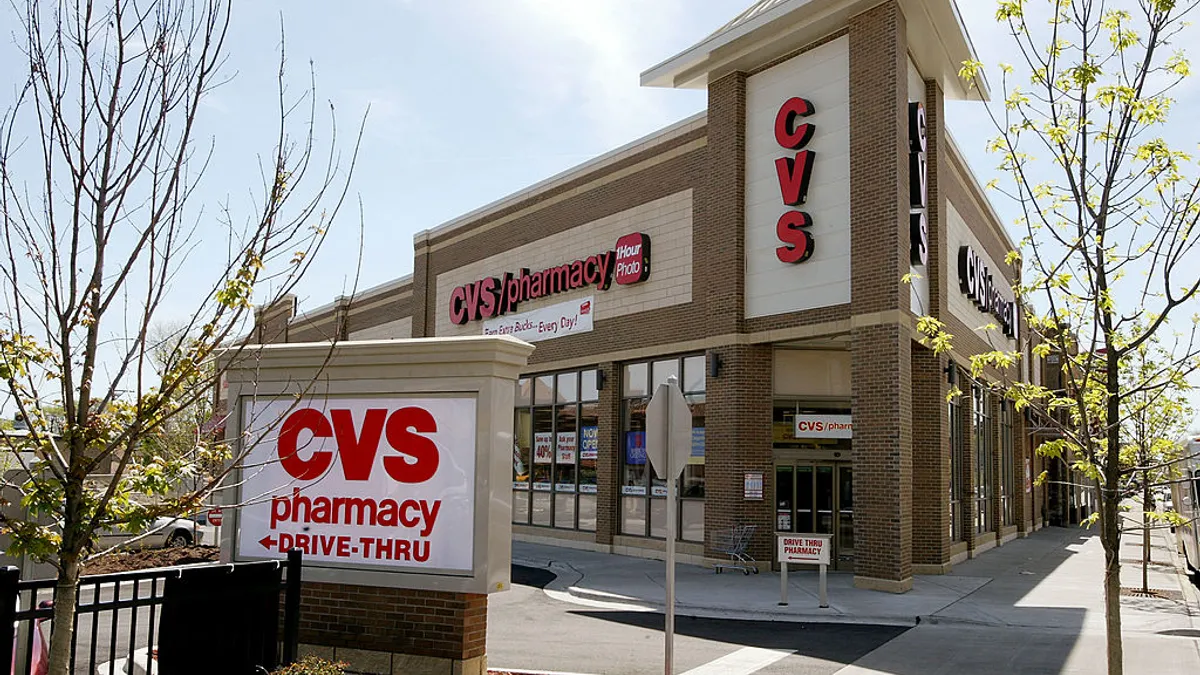When CVS announced its entry into clinical trials in the spring of 2021 it was heralded as a significant step toward giving more people access to clinical trials and increasing research diversity. Now, two years after its launch, the pharmacy giant has decided to shutter its clinical trials division. The move, which the company confirmed a few weeks ago, has left lingering questions over the industry: Is CVS an isolated case? Or does it portend broader problems for the burgeoning retail and pharmacy-based clinical trials industry, which now includes major players such as Walgreens, Kroger, and Walmart?
CVS hasn’t released many details about its decision to abandon clinical trials beyond saying it plans to return its focus to core business operations.
“We continually evaluate our portfolio of assets to ensure they are aligned with our long-term strategic priorities. As a result, we’re winding down our Clinical Trial Services business in a phased way, with a full exit expected by December 31, 2024,” the company said in a statement.

But there is reason to believe the retail and pharmacy-based clinical trial industry still has wind in its sails.
Ramita Tandon, chief clinical trials officer at Walgreens, said her company remains optimistic about its clinical trials operation and has no intention of pulling out of the market.
“We're absolutely committed. We have full commitment from (Rosalind Brewer) our CEO (and) the board,” Tandon said.
The FDA has also signaled its support for programs like theirs, she added. In the latest draft guidance on decentralized clinical trials FDA officials not only talked about the potential benefits of these types of studies, but specifically listed pharmacies as potential non-traditional sites.
In fact, with CVS exiting the market, new doors might open for Walgreens and competitors.
“At the end of the day, it's disappointing to see CVS exit prematurely, but certainly it has made our phones ring quite a bit,” Tandon said, adding that the situation has sparked new conversations. “What we've heard from the manufacturers (and) healthcare systems (is that) they're quite excited. They do believe in the retail pharmacy model and do want to see it succeed,” she said.
A promising option
While the ultimate success of pharmacy and retail-based clinical trials remains to be seen, the idea sounds good on paper: Bring trials out of the traditional academic medical center setting and into the community to meet people where they live. The model is also aimed at making participation convenient and guiding patients with the trusted voice of their neighborhood pharmacist.
It appeared CVS was seeing some initial success with its model, said Dr. Michelle Longmire, CEO and co-founder of Medable, a decentralized clinical trials software company that partnered with CVS to provide access to research studies in select CVS MinuteClinic locations across the U.S.
“After a dedicated, two-year effort, CVS Health simply decided to re-focus on its core business of care delivery rather than continue to expand into clinical research. It’s not symptomatic of anything more than a change in direction. After all CVS’s Clinical Trial Services grew 10 fold from year one to year two and successfully ran 200 in-home clinical trials,” she pointed out.
“The future is here, and very soon ‘hybrid’ trials will simply be ‘clinical trials’ without any distinction."

Michelle Longmire
CEO, co-founder, Medable
The company has also been pushing to expand its ability to provide direct care to patients, signaled by its recent acquisition of Oak Street Health and Signify. While the acquisitions may help it achieve its long-term goals it did put some strain on the company’s bottom line, possibly providing the impetus to revisit its priorities and reason to refocus its energies.
Decentralized trials on the rise
Despite the decision by CVS, the decentralized trials market itself shows no signs of slowing down, Longmire said.
“Medable has deployed its patient-centric platform for more than 300 decentralized and hybrid clinical trials in 60 countries, serving more than one million patient participants globally and supporting 14 of the top 20 global pharmaceutical companies,” she said. “The future is here, and very soon ‘hybrid’ trials will simply be ‘clinical trials’ without any distinction or descriptor as all trials will leverage modern technology in some way.”
The company is still looking to build its business and may include new partnerships with community-based partners.
“Our mission is to get effective therapies to patients faster and we are pushing tirelessly and creatively to achieve this goal,” Longmire said. “Medable remains committed to working with partners who share our mission and can help us solve clinical research problems, such as patient education, access, diversity, and retention, and believe community organizations — whether pharmacies, schools, churches, clinics, or any other trusted neighborhood sites — are well positioned to do so.”

Challenges ahead
CVS said it is committed to working with trial sponsors to ensure a smooth transition and to provide continuity of care and minimal disruption for patients.
“In parallel, we’re working to support impacted colleagues, and will provide career transition support for those unable to find another role within CVS Health,” CVS said in a statement.
For the companies that remain in the market, there will likely still be challenges ahead. But Tandon said they have an experienced leadership team that is focused on fitting clinical trials into their existing business model, and not the other way around.
“As we operationalize our business model with Walgreens, we are very mindful of the ‘how,’ and making sure the operational execution is done in a way that it brings forth value to the industry,” Tandon said.
They choose services that fit well with their existing operations.
“For us, it's about integrating into the pharmacy workflow, so that we're not adding burden per se, but we're doing what we've naturally done for over 120 years,” she said. “First and foremost, we are activating our locations as a welcome entry point.”
If they get it right, the hope is that they can open the doors to more people who can benefit from participating in research. It’s estimated that less than 4% of people in the U.S. take part in trials, most of them within the walls of academic medical centers. But there are still barriers to solving that problem.
“How do we build that highway to make sure we can bring trials to patients that are accessible and convenient?” Tandon said.
The ultimate goal is to help turn clinical trials into a more viable care option.
“And that's what I would consider the difference in our perspective at Walgreens. It’s not just nuanced somewhere separate within Walgreens — it is an integral part of our healthcare story and the healthcare continuum that we built,” Tandon said.



















